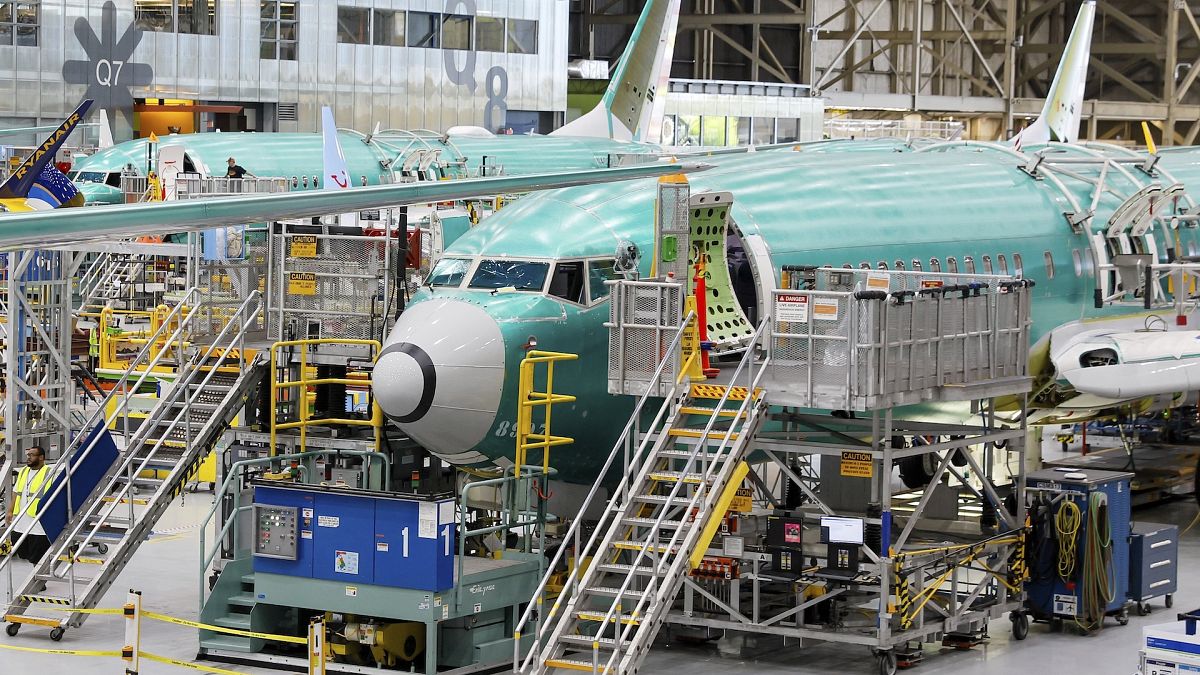Boeing’s delays in delivering new passenger planes have caused frustration among airline customers, even before the strike started on September 13th involving 33,000 machinists. The return of factory workers after the strike lasted nearly two months has led to further delays in production. Boeing mentioned that it will take several weeks before they can fully resume building passenger planes due to the necessary steps needed to resume production at plants in Washington state and Oregon. This delay has also affected the schedule for gaining certification of new 737 Max models.
Irish airline Ryanair is still expecting to receive its first 737 Max 10s in the first half of 2027. However, American Airlines CEO Robert Isom has refrained from predicting when his airline might see the largest version of the Max, as it has not yet been certified by US regulators. Isom highlighted the importance of prioritizing quality over speed in production, emphasizing the need to get one quality aircraft off the line first. He mentioned this during an airline conference in Dallas, reiterating that once Boeing can achieve this, they can then work on increasing the production of the Max to meet airline delivery schedules.
Boeing workers who are represented by the International Association of Machinists and Aerospace were required to return to work by Tuesday after they voted last week to accept a Boeing contract offer. This contract offer will increase pay rates by 38% over four years but will not restore pensions that were frozen a decade ago. The strike has resulted in the shutdown of production of the 737 Max and 777 passenger planes, as well as a cargo-carrying version of the 767 plane. However, Boeing was able to continue building 787s, produced by non-union workers in South Carolina. This strike has significantly impacted the cash flow that Boeing typically receives upon delivering new planes.
Despite the challenges, Boeing managed to deliver 14 planes in October, including those that were finished before the strike began. Additionally, Boeing received orders for 63 planes, with 40 new orders for 737 Max jets from leasing company Avia Solutions Group. The delay in production has affected airline delivery schedules and has led to frustration among airline customers awaiting new planes from Boeing. The ongoing delays have put pressure on Boeing to resume production at full capacity as soon as possible to meet the demands of their customers and to stabilize their cash flow from new plane deliveries.
In light of the delays in production caused by the strike and the necessary steps needed to resume manufacturing passenger planes, Boeing has faced challenges in meeting airline delivery schedules. The impact of the strike has led to frustration among airline customers who are eagerly awaiting the delivery of new planes. The delays have also pushed back the schedule for gaining certification of new 737 Max models. However, Boeing is working on resolving these issues by prioritizing quality over speed in production. The return of factory workers after the strike will hopefully expedite the process of resuming full production capacity, allowing Boeing to meet the demands of their customers and stabilize their cash flow from delivering new planes.











